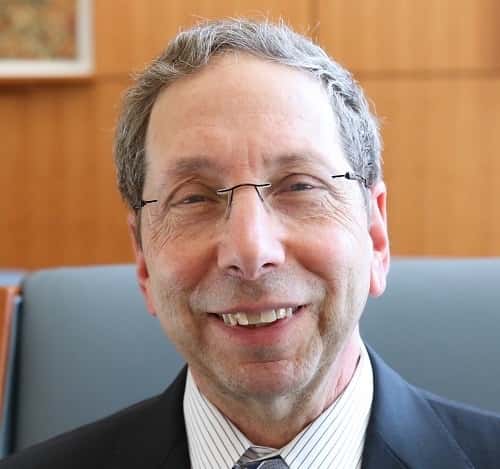
Live Coronavirus Update to Answer Your Questions
Information on the coronavirus pandemic is changing hourly. The US now has more COVID-19 cases than any other country. For this live coronavirus update on March 28, 2020, we have asked infectious disease expert and epidemiologist Dr. David Weber to answer your questions about COVID-19. Learn how you can protect yourself and your family.
To maximize safety and minimize the number of people in the studio, we have asked our telephone screener to stay at home. Instead, we’ll be taking your questions via email: Radio@PeoplesPharmacy.com. That will be the best way you can participate in the live coronavirus update show. What would you like to know about the pandemic?
Where Did This Virus Originate?
Scientists have analyzed the virus and traced its origins to viruses in bats. If bats are the source of this disease, why don’t they get sick and die? Bats have a super-strong immune system that protects them, while humans are vulnerable.
The Statistics:
Statistics on the COVID-19 pandemic are changing every day. As of this broadcast, there are 100,000 cases in the US with more than 1500 deaths. The doubling time of three to four days means that we should expect roughly 400,000 cases within a week, unless physical distancing is effective in limiting transmission. Although older people have high mortality, even young individuals can become extremely ill and need hospitalization. Some of them die, too.
How Is It Transmitted?
This virus is readily transmitted from one person to another. How does that happen? What practices reduce your risks of catching it? How can you keep from spreading it? There are reports that people can test positive even though they have no symptoms. They can also spread the virus, though they are probably less infectious than people who are coughing and sneezing. After 14 days of self-quarantine with no symptoms, people are assumed to be free of virus.
Do you need to worry about your newspaper? Probably not. Paper doesn’t seem to hang onto virus very well. But wash your hands anyway.
What about your groceries? What’s the safest way to shop? Dr. Weber suggests practicing physical distance (at least 6 feet) while shopping, or, when practical, use home delivery. Anyone who is ill with cough, fever, or any other problem (even if you think it is a cold or the flu) should stay home and not go out and expose other people. A loss of sense of smell can be an early indicator of COVID-19 infection.
Hopes for a Treatment:
There is at present no vaccine and no specific drug treatment for COVID-19. In this live coronavirus update, find out what drugs are being tested. What are the expectations for chloroquine or hydroxychloroquine? (The video Joe mentioned is at MedCram.com.) In some places, clinical scientists are examining remdesivir or drugs such as lopinavir normally used against HIV infection.
Is there any hope that we could get a handle on this disease before a vaccine is developed? Why are doctors in Australia getting a century-old vaccination called BCG? This vaccination is usually employed to keep babies from getting tuberculosis.
How can you control the cytokine storm? This immune overreaction can be very serious. We don’t have the information yet on how to control this with COVID-19.
Once you have recovered from COVID-19, are you immune to the virus? Dr. Weber expects that is the case, at least for a time. We don’t yet know how long this immunity will last.
Your Questions Are Welcome:
What would you like to know about COVID-19 and the SARS-CoV-2 virus that causes it? Email your questions to Radio@PeoplesPharmacy.com so that Dr. Weber can address them. Please include your city and your first name. Last names are never mentioned on the radio.
This Week’s Guest:
David Weber, MD, MPH, is Professor of Medicine in the Division of Infectious Diseases and Professor of Pediatrics at the University of North Carolina School of Medicine. He is also Professor of Epidemiology at the Gillings School of Global Public Health and Medical Director of UNC Hospitals’ Departments of Hospital Epidemiology (Infection Prevention). In addition, Dr. Weber is Associate Chief Medical Officer of UNC Health Care.
Listen to the Podcast:
The 65-minute podcast of this program contains additional questions that Dr. Weber answered following the close of the live broadcast. The show can be streamed online from this site and podcasts can be downloaded for free. CDs may be purchased at any time after broadcast for $9.99.


